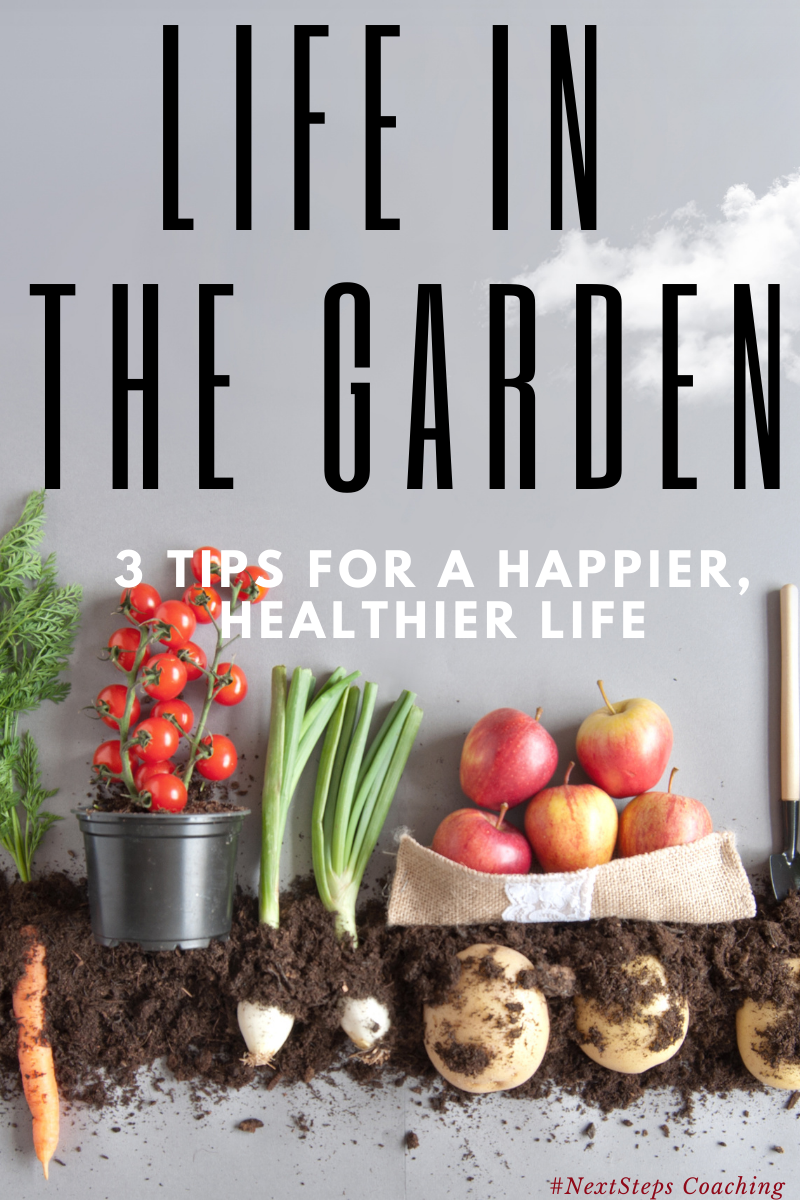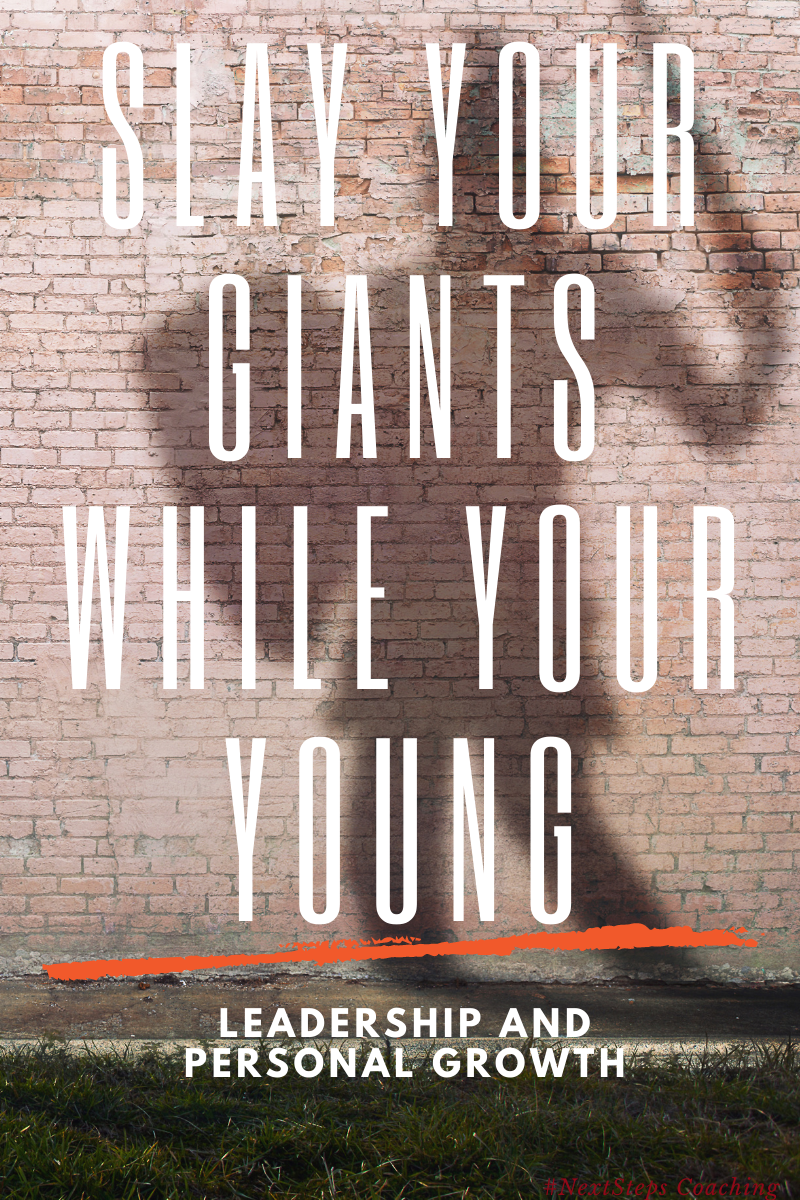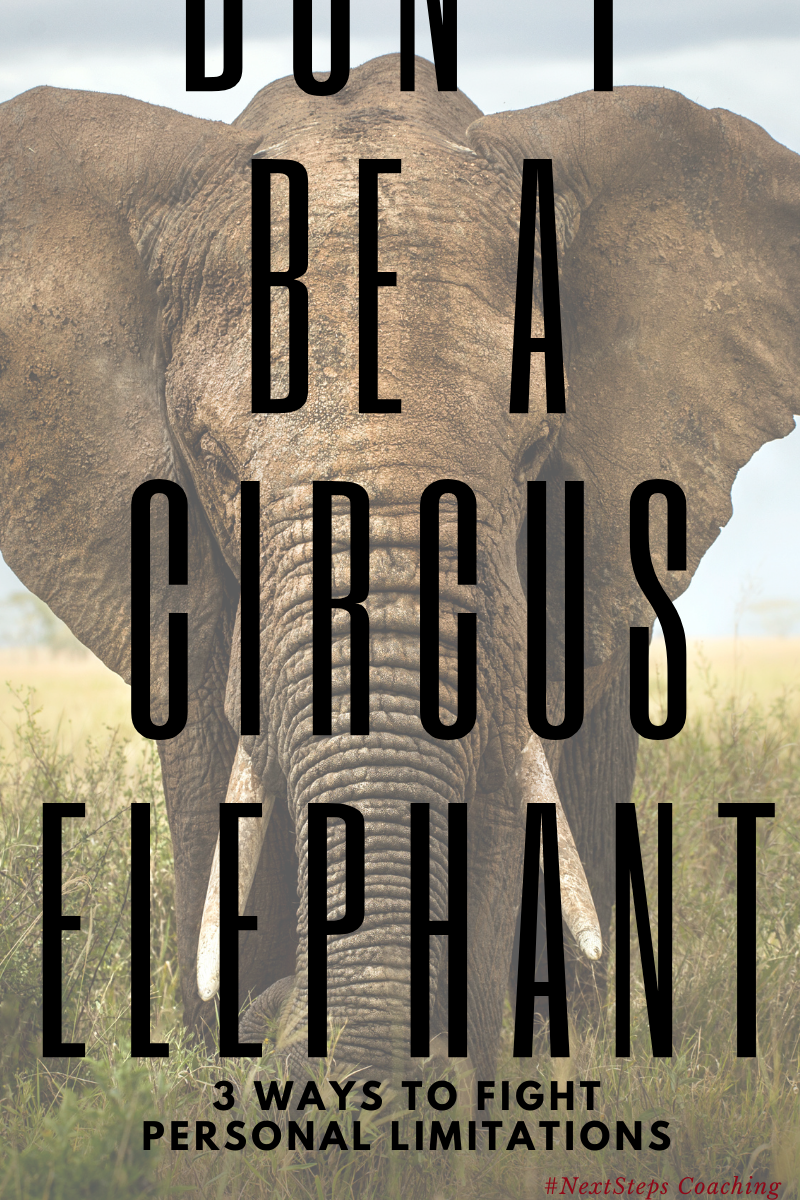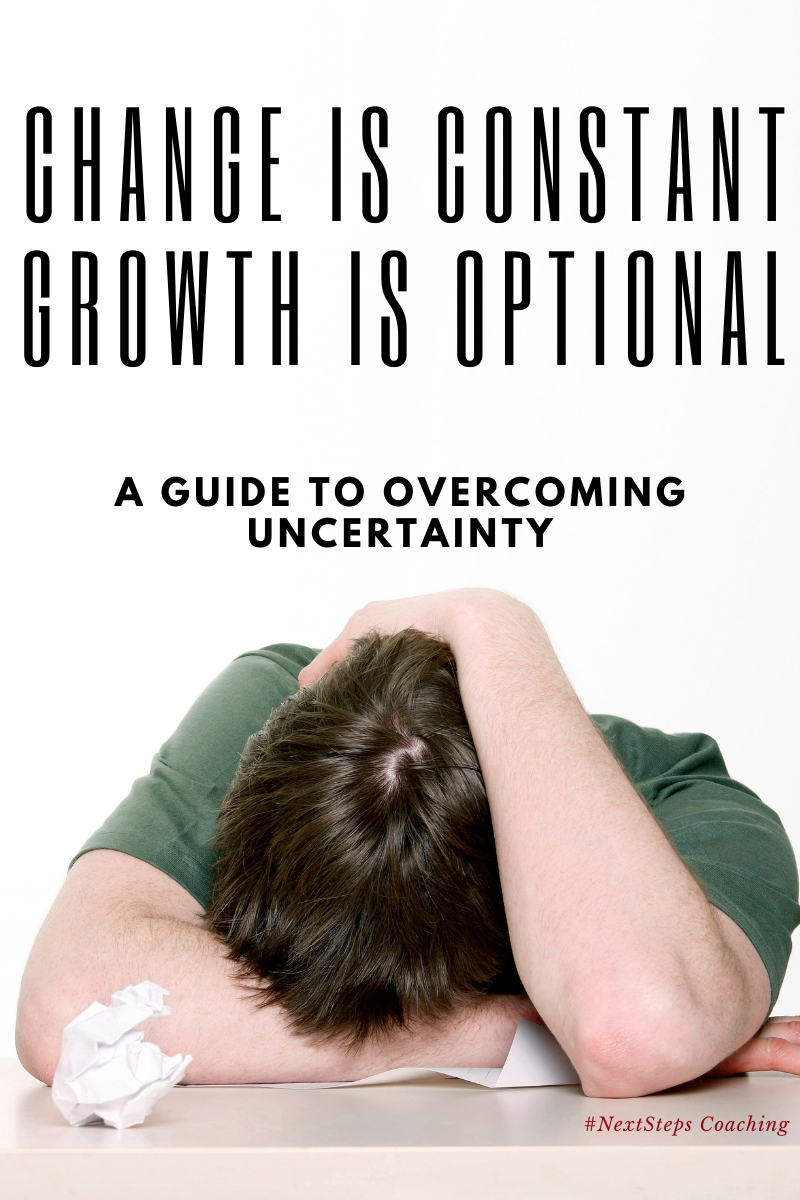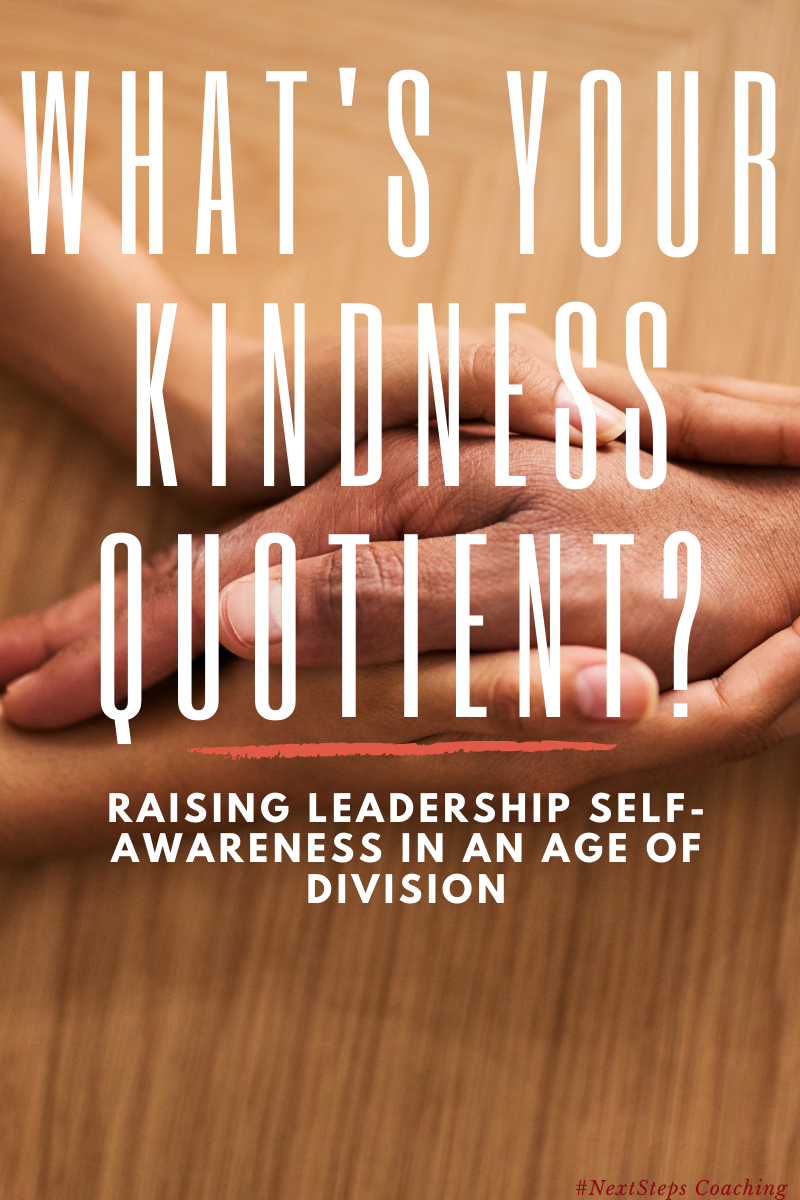
… The other day, I was listening to the radio, and the host began the segment by asking, “What’s your KQ?” After a few seconds of silence, she went on to explain that KQ is Kindness Quotient. Understanding, and cultivating kindness is a growing trend. I’m 100% in.
Understanding KQ
For years, in the business world, we’ve heard about terms about our IQ (Intelligence) and EQ (Emotional) resilience. We’ve examined grit. Studies have been done on leadership capacity. You can get a degree in change management.
But recently, I came across the idea of KQ (Kindness Quotient) while listening to the radio, and I’m 100% in favor of this.
… being kind is linked to being happy. In her research, Sonya Lyubomirsky, a University of California-Riverside psychologist, found that practicing acts of kindness (as well as expressing thankfulness, gratitude, and forgiveness ) was common among happy people. Kindness seems to have a rebound effect, creating an endless loop of positivity …
I’m a huge fan of gratitude and think that consciously expressing thankfulness creates and generates more to be thankful for.
Apparently, kindness works the same way.
Intentionally expressing an act of kindness to someone generates more kindness in the world.
Random Acts of Kindness
As a child, I remember the call of a well-intentioned teacher urging me to “Go RAK someone today.” That is, engage in a random act of kindness. Their belief was that if I could do that, I would feel good, someone else would benefit, and the world would be a better place.
We even kept a RAK chart so we could see who RAK’d the most people in a given week.
Maybe she was on to something …
And now more than ever, the world seems to need a little bit of kindness.
Societal unrest.
Political Turmoil
COVID Pandemic
Fear-Filled News Cycles
Natural Disasters
The world appears to be in trouble.
And while I’m not entirely sure what kindness could do to stop a hurricane, I know kindness could help solve the rest of the problems on the list … and go a long way in recovering from a hurricane.
What’s Your Kindness Quotient (KQ)
So, what’s your KQ level?
Can you tell?
I’d like to think I’m a kind person, and show generosity, compassion, grace, and positivity in the world, but do I?
How can I tell?
In coaching, we talk a lot about investing our time and energy into the right pursuits. During one activity, we look at ways to analyze our calendar and our task list to see if our values and our time are lining up.
In many ways, we can measure kindness in the same way. Can you look back on your time, and just like you scheduled time to exercise, have dinner, return emails, and attend your kid’s practice, did you schedule a time to be kind?
Did you keep it front of mind?
Do you challenge yourself to grow and expand your capabilities?
In a world focused on division, dis-unity, and discord, focus instead on being kind, generous, compassionate, and proactively positive.
So, what’s your kindness quotient?

